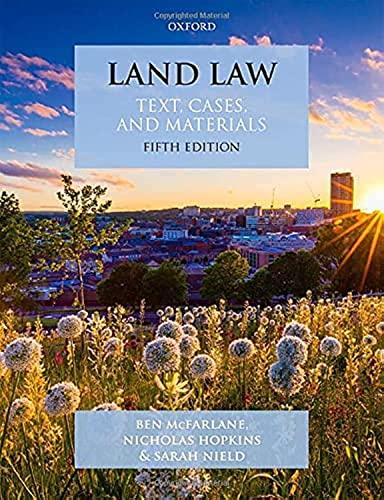Answered step by step
Verified Expert Solution
Question
1 Approved Answer
CJC 301 Part 1: Multiple Choice 1. ______________________ is a violation of social rules of conduct, interpreted and expressed by a written criminal code, created
CJC 301 Part 1: Multiple Choice 1. ______________________ is a violation of social rules of conduct, interpreted and expressed by a written criminal code, created by people holding social and political power. a. Action b. Deviance c. Crime d. Causes 2. Which assumption asserts that the criminal code of a society reflects an agreed upon moral code? a. Labeling b. Normative consensus c. Conflict d. Malign 3. The idea that criminologists need to explain "why don't people commit crime" is associated with which assumption of human nature? a. Humans are inherently blank slates b. Humans are inherently selfish c. Humans are inherently social d. Humans have no natural state 4. ______________________ is the scientific study of the nature, extent, cause and control of criminal, deviant and delinquent behavior. a. Psychology b. Criminology c. Victimology d. Philosophy 5. This source of data does NOT help us learn about the dark figure of crime. a. Victimization surveys b. Self-report offending surveys c. Uniform Crime Report d. None of the above help us learn about the dark figure of crime 6. The father of the modern criminal justice system and the originator of deterrence theory is ______________________ a. Cesare Lombrosso b. Cesare Beccaria c. Cesare Sampson d. Cesare Julius 7. ______________________ theory is based on the idea that individuals refrain from engaging in criminal behavior due to the fear of arrest, incarceration and other formal sanctions. a. Hobbes b. Social bonds c. Deterrence d. Hobbes 8. _________________ deterrence is when formal sanctions prevent crime among those who have not yet offended, and __________________ deterrence reflects how experiencing sanctions prevents punished criminals from offending more in the future. a. General; Exact b. Specific; General c. Broad; Specific d. General; Specific 9. Most individuals tend to prefer $100 today, rather than $110 a year from now. This is an example of _________________. a. Uncertainty b. Loss aversion c. Time discounting d. Prospecting 10. According to Routine Activities Theory, one reason crime rates rose in the 1960s, was because? a. The number of drug users increased b. The number of capable guardians decreased c. The number of people below the poverty line increased d. None of the above Part 2: True or False (1pt each) 11. Routine Activities Theory suggest all individuals are motivated to commit crime. TRUE / FALSE 12. The idea that all humans are inherently self-interested and motivated to seek pleasure is known as Hedonism. TRUE / FALSE 13. Bayesian Updating explains that individuals update perceptions and learn when provided with new information. TRUE / FALSE 14. Bounded rationality emphasizes that most humans are irrational. TRUE / FALSE 15. In the UCR data, the Ethics Rule requires departments to only report the most serious offense in a single criminal incident TRUE / FALSE
Step by Step Solution
There are 3 Steps involved in it
Step: 1

Get Instant Access to Expert-Tailored Solutions
See step-by-step solutions with expert insights and AI powered tools for academic success
Step: 2

Step: 3

Ace Your Homework with AI
Get the answers you need in no time with our AI-driven, step-by-step assistance
Get Started


